
That was inefficient and costly.
“Today, it’s going to be happening in the blink of an eye. The system will allow you to open an account across markets, boost access to a pool of investments, as well as give you visibility,” he noted.
Through the platform, investors in the four countries will be able to buy and sell shares of companies listed in any of the countries without going through different stakeholders.
Kenya had reportedly pulled out of the project in 2015 over alleged procurement irregularities, but Rwabukumba said they have “formally expressed interest” to join again.
Kenya currently has the largest and active capital market in the region.
The Nairobi Securities Exchange comprises approximately 66 listed companies with a daily trading volume of more than $10 million and a total market capitalization of more than $20 billion.
Rwanda’s bourse, on the other hand, has a market capitalization of just $3.5 billion, but the move by the region is expected to diversify markets such as that of Rwanda and create a wide pool of both retail and institutional investors.
George Odhiambo, the Managing Director of KCB Bank Rwanda, part of KCB Group whose shares are listed both in Kenya and Rwanda, said the automation is likely to bring a lot of benefits towards promoting the capital market.
“Any automation should reduce transaction costs, improve operational efficiencies and speed deals closure for the benefit of stakeholders,” he told The New Times on Thursday.
The platform
The technology platform dubbed the EAC Capital Markets Infrastructure (CMI), developed by a Pakistan-based private firm, will basically interconnect all the region’s trading systems.
It has features such as the smart order router, which will enable stockbrokers to view all markets and market information across the region, and the messaging feature that will allow market players to communicate.
However, for stockbrokers to trade, they will have to fulfil certain conditions including minimum capital requirements. For instance, a regional broker to be allowed to trade across the region will have to be capitalized at Rwf240 million.
Alternatively, for brokers to trade they would have to have “sponsored membership” in a local market where they want to buy stocks.
“It means you will have to sign an agreement with a broker in Dar es Salaam through which you can execute orders. This is because stock markets are still governed by regulations in host markets,” he noted.
Rwanda, which is looking to leverage the integration project to promote its capital market, started its bourse officially in 2011.
Other members in the region have had their stock exchanges for many years, except Burundi which is yet to establish one.
The joint stock market in East Africa follows in the steps of a similar regional effort in West Africa where Bourse Régionale des Valeurs Mobilières already exists.
The Abidjan-based electronic exchange which lists 45 companies is common to the eight-member states of the West African Economic and Monetary Union – Benin, Burkina Faso, Guinea Bissau, Côte d’Ivoire, Mali, Niger, Senegal, and Togo.
This email address is being protected from spambots. You need JavaScript enabled to view it.‘+addy_text21772b81e59106a4f9558771e6161ef1+”;]]>

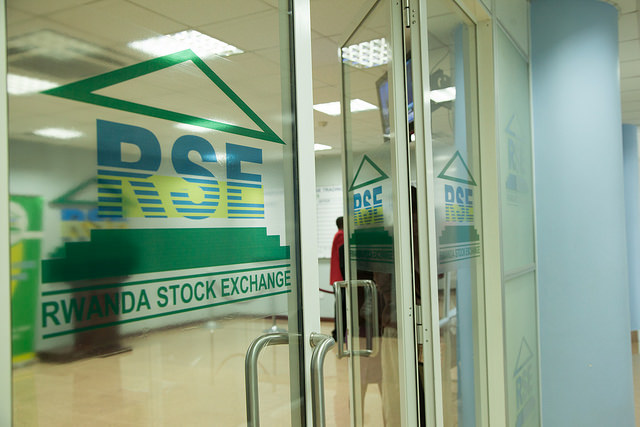
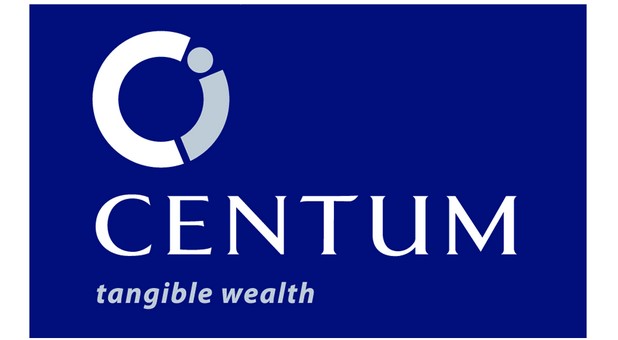
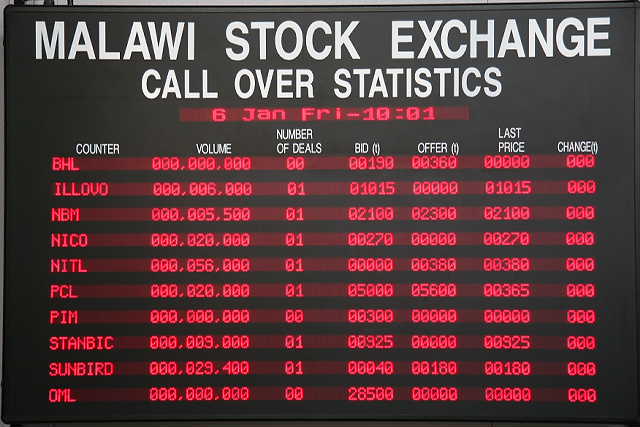


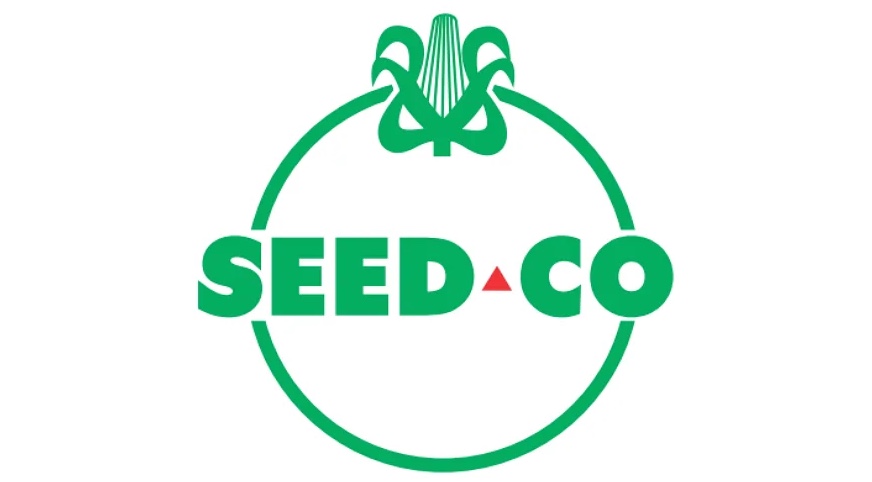
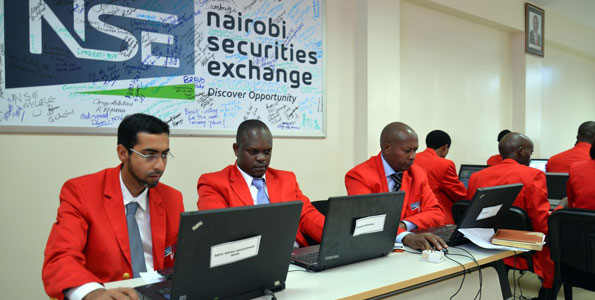


Comments